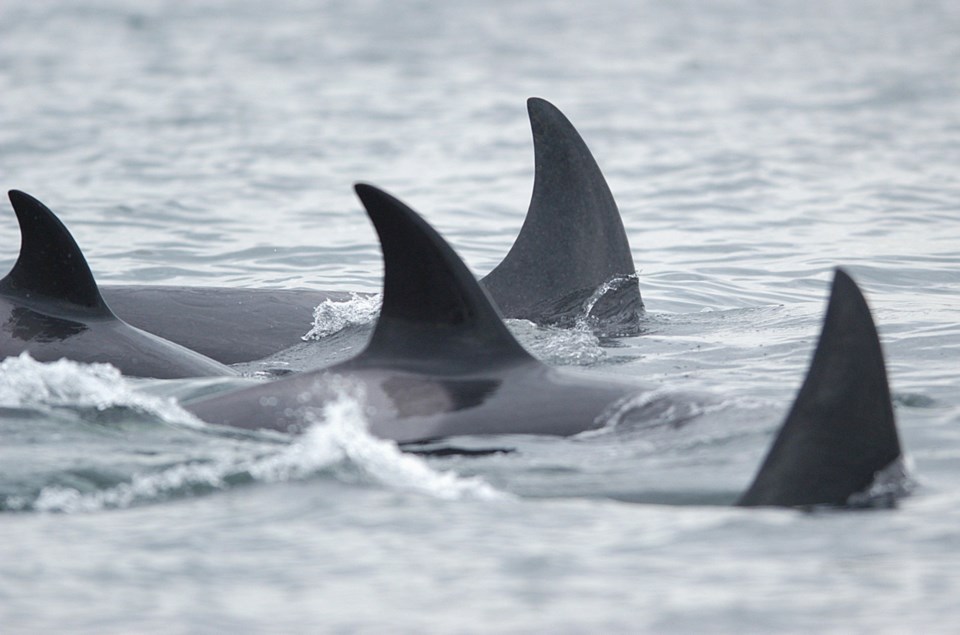An invitation from Fisheries and Oceans Canada to discuss ocean areas that might be critical for killer whales has outraged community leaders from southwest Vancouver Island.
Prompted by Mike Hicks, Capital Regional District director for the Juan de Fuca Electoral Area, community politicians, ocean anglers and chambers of commerce from Sooke to Tofino are objecting to the possibility of closing two ocean zones to sport fishing: Swiftsure and La Perouse banks. Such a closure, they say, would devastate the small towns that rely on sport fishing to attract tourists.
“Their [Fisheries and Oceans Canada] track record is they will consult and they close,” said Hicks. “And when it’s closed, it’s closed forever.”
The uproar has startled officials with the Department of Fisheries and Oceans, who say they just want to start talking about the areas recently identified by scientists as important feeding areas for southern resident killer whales.
“All we are doing is providing a kind of advance ‘heads up,’ ” said Neil Davis, director of resource management. “There are no additional measures like closure that are being proposed at this time.”
Davis said his department is in the midst of a short discussion period. It is meant to let people know scientists have identified La Perouse and Swiftsure banks as important feeding areas for southern resident killer whales.
The next step will be for Fisheries and Oceans Canada to hold public consultations, at least 60 days worth, to gather opinions and information. Those discussions will be held between August and October. After that, extra moves might be taken.
Fisheries and Oceans Canada has already forbidden fishing from June 1 to Sept. 30 between Otter Point in Sooke and Port Renfrew, as well as areas in the southern Gulf Islands, to assist southern resident killer whales. Also, the overall catch of chinook has been reduced 25 to 35 per cent.
The southern resident killer whales have been listed under federal legislation as a “species at risk” and are down to just 75 individuals. Those 75 forage and live mostly around the southern coast of B.C. and the U.S. Pacific Northwest. They subsist almost entirely on chinook salmon, which are also a prize target for sport anglers because of their large size.
Davis said since the southern resident killer whales have been officially designated as a species at risk, some scientific investigations are mandated under regulations. Also, government is required to consider what areas or conditions could be critical for the animals’ long-term protection and survival.
But having seen what has already happened to Sooke since the closure there, officials of the southwest Vancouver Island coastal communities are already up in arms, even at the start of the consideration phase.
“It has devastated the sport fishing and tourism in Sooke,” said Karl Ablack, vice-president of the Port Renfrew Chamber of Commerce.
“It [more closures] could devastate all the coastal communities, not just Port Renfrew but also Tofino, Bamfield, Ucluelet and Port Alberni,” he said.



